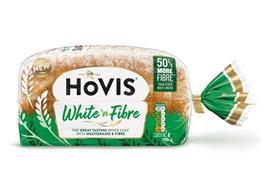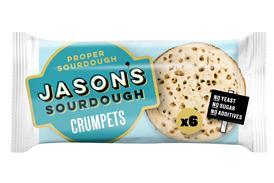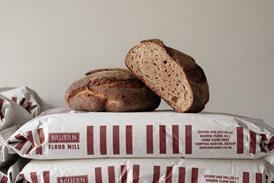’Some ingredients can help reduce sugar, but all have benefits and drawbacks’

Philippa Knight, senior product manager at Puratos UK, looks at the challenge of – and some of the possible solutions to – sugar reduction in baked goods.
To continue reading, register for free
You are what you read, registration is quick, easy and free. Just click register now and you’ll be finished faster than it takes you to butter a crumpet!
Don’t miss out:
- Unlimited access to content
- Regular newsletters to your inbox
- Save articles to read later on
- A more personalised experience
Already registered? Please log-in here


















